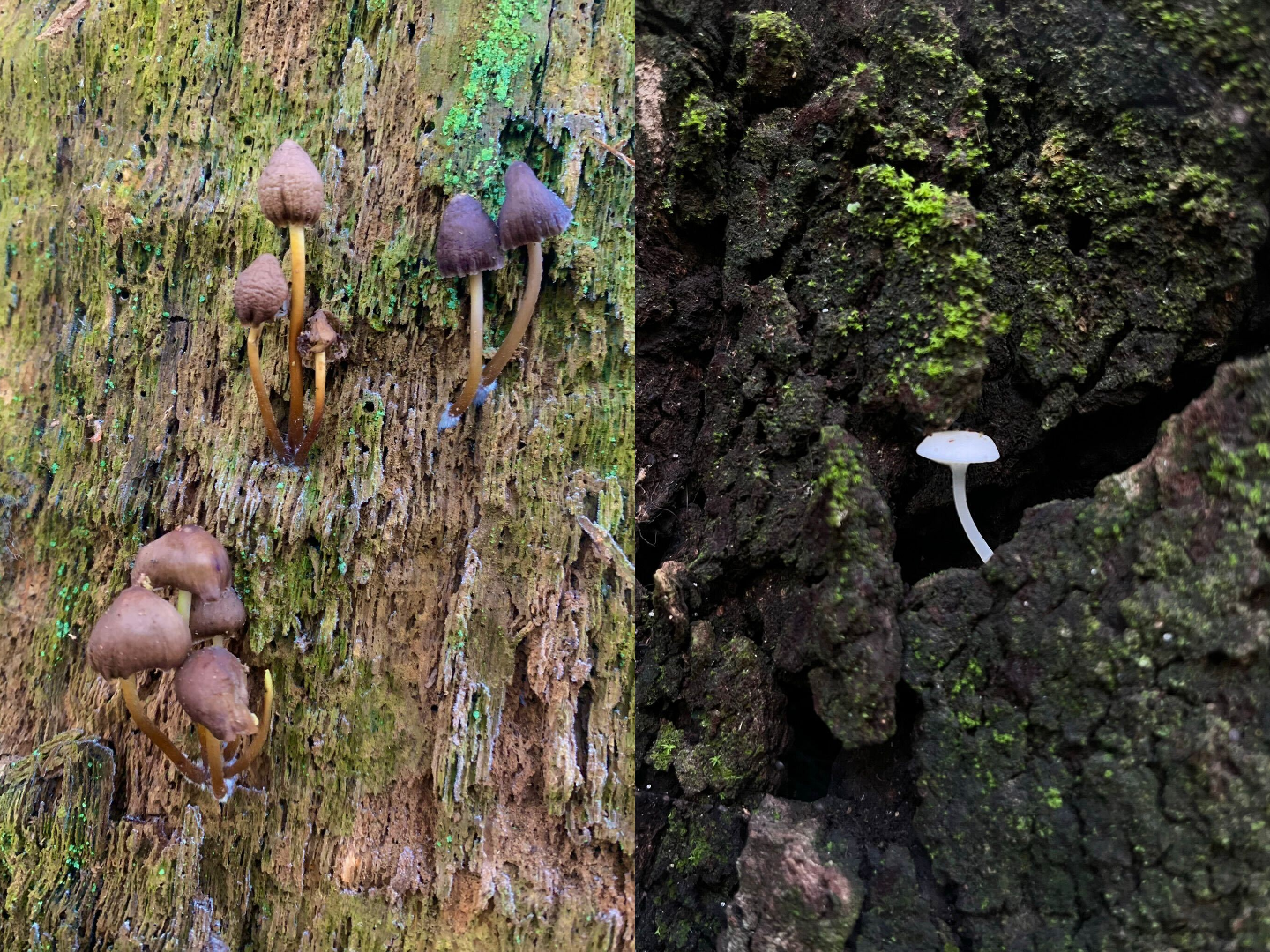Pointing to evidence that fungi is communicating underground to suggest that large-scale networks of life could ‘form a vast, invisible planetary intelligence,’ a group of astrobiologists are asking the thought-provoking question: if a planet like Earth can be ‘alive,’ can it also have a mind of its own?
‘Conventionally, intelligence is seen as a property of individuals. However, it is also known to be a property of collectives,’ reads the introduction to a paper published in the International Journal of Astrobiology that explores the thought-provoking question: is the Earth itself an intelligent entity?
Pointing to evidence that fungi is communicating underground to suggest that large-scale networks of life could ‘form a vast, invisible planetary intelligence,’ the analysis’ authors (astrophysicist Adam Frank, astrobiologist David Grinspoon, and theoretical physicist Sara Walker) present the idea that if a planet like Earth can be ‘alive,’ it may also have a mind of its own.
This isn’t as outlandish a theory as it seems, given that we now know mushrooms are not only able to interact, but talk to each other using a vocabulary of up to 50 ‘words’ which bear a striking structural similarity to human speech.
The ‘planetary intelligence’ they refer to describes what they term as the collective knowledge and cognition of an entire planet. In other words, just as an individual ant appears to possess very little intelligence, working as a whole, a colony displays an impressive level of it.
With this in mind, they looked at the Earth as a collective whole of all the processes and activity on and within our planet.

‘What matters is when collective smarts are put to work toward life’s most essential collective purpose: survival,’ the researchers noted. ‘As we conceive of it, planetary intelligence is measured by the capacity of life on a planet to sustain itself in perpetuity.’
Collectively, they claim, all of the biological, geological, meteorological, and all human activity together create ‘planetary intelligence’ and if we want to tackle global issues like the climate crisis, biodiversity loss, or pollution, we must treat the Earth as a living and intelligent entity.
And if this sounds familiar, it’s because it’s essentially what Indigenous Peoples have been saying for centuries, though they’ve faced ceaseless ridicule, erasure, and violent terrorisation for doing so.
It also bears likeness to James Lovelock’s Gaia Hypothesis proposed in 1972 and even dates back to the 1600s when John Milton wrote Paradise Lost, presenting the Earth as a living being, or organism.



















